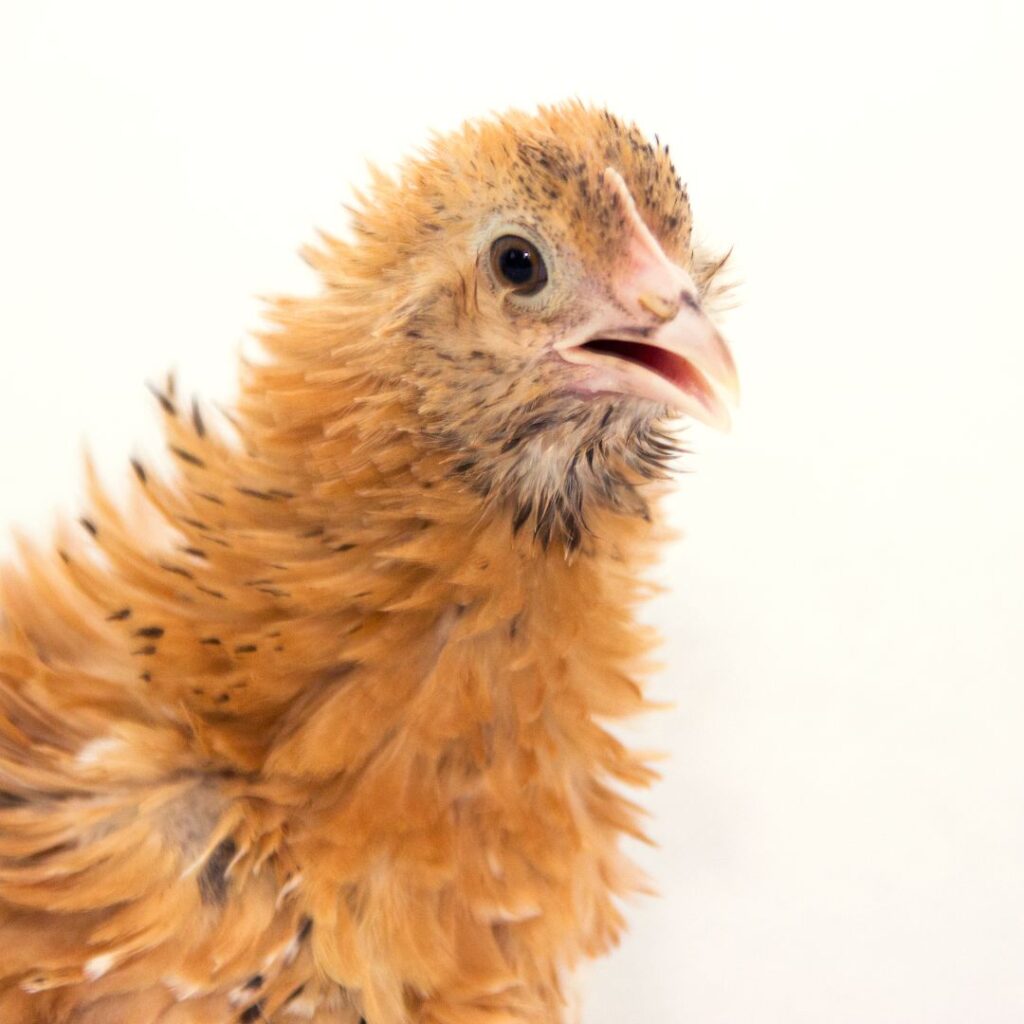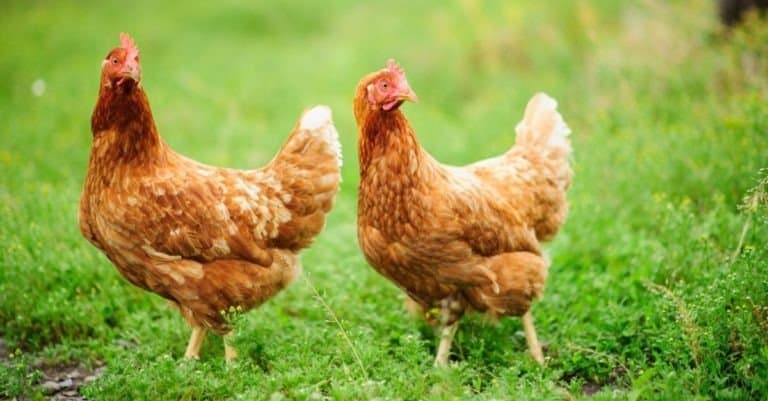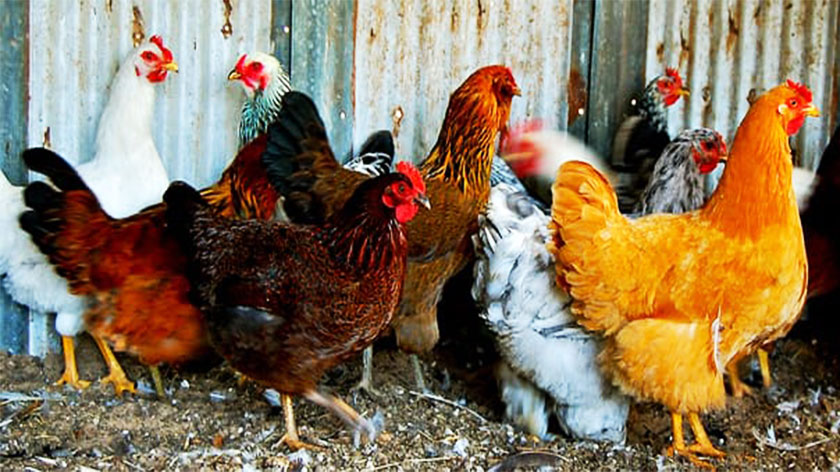The realm of poultry farming holds a special place for heritage breed chickens. But what is a heritage breed chicken? These chickens are not only unique in appearance and characteristics but also offer several benefits. In this detailed article, we will explore what heritage breed chickens are, their history, advantages, and why they should be considered in your poultry farm.

Understanding Heritage Breed Chickens
Definition of Heritage Breed Chickens
Heritage breed chickens are traditional chicken breeds that have been bred for many generations. They are recognized by the American Poultry Association (APA) and adhere to specific breeding standards. These chickens are bred for certain traits such as longevity, productivity, and resilience.
Distinguishing Features
The significant traits of heritage breed chickens include natural mating, a slow growth rate, and a long productive outdoor lifespan. They are closely linked to the initial breeds from which they originated and remain unaltered by modern industrial farming practices.

The History of Heritage Breed Chickens
Early Domestication
Heritage breeds trace their lineage back to the early days of chicken domestication. They were primarily raised on family farms and were a staple in rural America. The emphasis was on dual-purpose breedsthose that could provide both meat and eggs.
Industrialization and Its Impact
With the advent of industrial poultry farming, commercial hybrids began to dominate, leading to a decline in the popularity of heritage breeds. These hybrids were bred for specific purposes such as increased egg production or faster growth for meat.
Revival Efforts
In recent years, there has been a renewed interest in heritage breed chickens. Organizations and enthusiasts have undertaken efforts to preserve these breeds, recognizing their historical significance and contribution to biodiversity.

Why Choose Heritage Breed Chickens?
Longevity and Hardiness
Heritage breed chickens are known for their longevity and hardiness. These birds are well-suited to free-range environments and can withstand various weather conditions.
Flavor and Nutrition
Many people prefer the flavor of meat from heritage breed chickens. The slower growth process allows for a firmer texture and richer taste. Additionally, eggs from heritage breeds are often more nutritious due to their varied diets.
Preservation of Biodiversity
By choosing heritage breed chickens, farmers contribute to the preservation of biodiversity. This is vital for maintaining a resilient agricultural system.

Characteristics of Popular Heritage Breeds
Rhode Island Red
The Rhode Island Red is known for its egg-laying capabilities and hardiness. It has a robust build and a beautiful deep red color.
Plymouth Rock
Plymouth Rocks are dual-purpose chickens valued for both their meat and eggs. They have a calm demeanor and striking barred feathers.
Sussex
The Sussex breed is a versatile bird known for its excellent egg production and meat quality. They are friendly and adaptable, making them a favorite among backyard poultry keepers.
Breeding and Raising Heritage Chickens
Natural Mating
One of the key characteristics of heritage breeds is their ability to mate naturally. This ensures that the genetic qualities of these breeds remain intact.
Slow Growth
Unlike commercial hybrids, heritage breeds grow at a slower pace. This slow growth allows them to develop strong bones and muscles, contributing to their overall resilience.
Outdoor Living
Heritage breed chickens thrive in outdoor environments. They enjoy foraging and require ample space to roam, which helps maintain their natural behaviors.
Economic Considerations
Initial Costs vs. Long-Term Benefits
While the initial cost of heritage breed chickens may be higher, the long-term benefits often outweigh these costs. Their resilience and longevity reduce the need for frequent replacements and vet visits.
Market Niche
There is a growing market for products from heritage breeds. Consumers are willing to pay a premium for meat and eggs from these chickens, acknowledging their superior flavor and nutritional value.
Challenges and Solutions
Availability of Stock
One of the challenges in raising heritage breed chickens is finding quality stock. Working with reputable breeders and organizations that support conservation efforts can help overcome this hurdle.
Management Practices
Heritage breed chickens require different management practices compared to commercial hybrids. Understanding their specific needs can ensure their well-being and productivity.
Heritage Breeds in Sustainable Farming
Role in Sustainable Agriculture
Heritage breed chickens play a significant role in sustainable farming. Their foraging ability reduces the need for commercial feed, and their manure adds fertility to the soil.
Regenerative Practices
By incorporating heritage breeds into regenerative farming practices, farmers can create a closed-loop system that enhances soil health and biodiversity.
Regulations and Certifications
American Poultry Association Standards
The American Poultry Association sets the standards for recognizing heritage breed chickens. Familiarizing oneself with these standards ensures that the breed’s integrity is maintained.
Certification Programs
Various certification programs are available for farmers who raise heritage breeds. These certifications can help in marketing and selling products to a conscious consumer base.
Conclusion
In conclusion, what is a heritage breed chicken? they are more than just chickens; they are a living connection to the past. Their benefits in flavor, nutrition, and sustainability make them a worthwhile choice for any poultry enthusiast. By choosing to raise heritage breed chickens, you contribute to preserving biodiversity and promoting sustainable agricultural practices.
FAQ Section
1. What are the benefits of raising heritage breed chickens?
Heritage breed chickens offer numerous benefits, including better flavor, nutritional value, hardiness, and longevity. They also contribute to preserving biodiversity and sustainable farming practices.
2. What are some popular heritage chicken breeds?
Some popular heritage breeds include Rhode Island Red, Plymouth Rock, and Sussex. Each of these breeds has unique characteristics and is valued for different reasons.
3. How do heritage breeds contribute to sustainable farming?
Heritage breed chickens contribute to sustainable farming by foraging and reducing the need for commercial feed. Their manure enriches the soil, promoting a regenerative agricultural system.
As an Amazon Associate, I earn from qualifying purchases.
Related Articles:
For more information on chicken breeds, visit:




